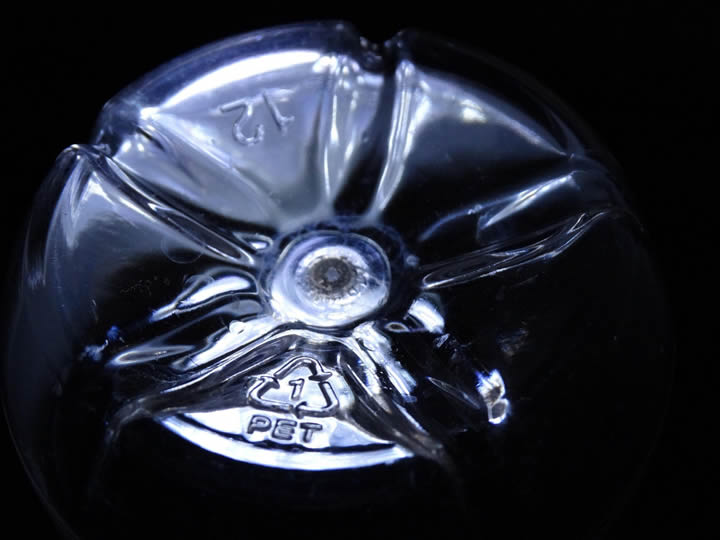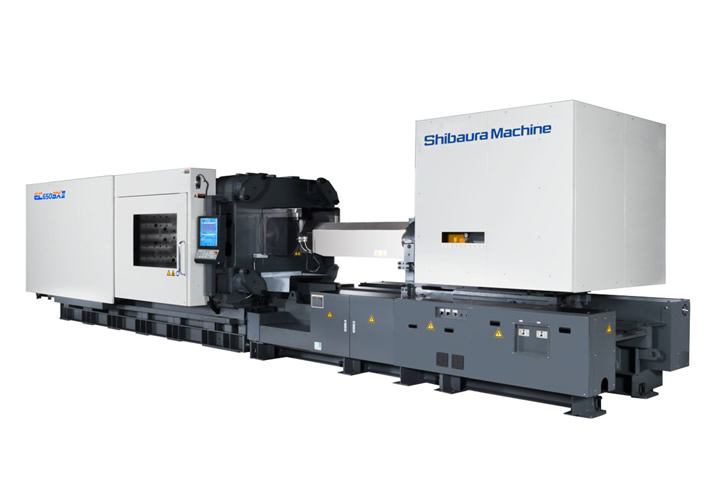Automation and sustainable chemistry in manufacturing

McKinsey & Company forecasts a significant rise in global chemical production driven by expanding capacity in regions with cost-competitive feedstocks such as the United States and the Middle East — intensifying pressure on European producers. These trends will also influence the UK plastics sector, where manufacturers must adopt new technologies to meet sustainability goals and improve their bottom line. Here Nigel Smith, CEO of Shibaura Machine’s UK and Ireland partner and distributor TM Robotics, explains how industrial robots and all-electric injection moulding machines can help companies more than halve their energy consumption, while enhancing productivity.
“The chemical industry is involved in 96 per cent of all manufactured goods,” according to Deloitte’s 2025 Chemical Industry Outlook — but the same result also highlights the need for the industry to bolster its sustainability investments. Sustainability will become more imperative as the chemical industry continues to expand. Aside from the aforementioned growth in the US and Middle East, in The state of the chemicals industry, McKinsey reports that China is expected to add more than 20 million tons of annual capacity in polyethylene within five years, by 2028.
Energy-efficient solutions are now critical for the plastics sector — especially in a time of increasing energy costs and sustainability pressures. However, traditional injection moulding methods are energy-intensive, especially those that rely on hydraulic-powered machines. These machines often continue to consume electricity even when they are not in active use, which results in inefficiency. Instead, all-electric injection moulding machines offer a significant improvement, using energy only when necessary and contributing to substantial reductions in electricity consumption.
Performance tests by Shibaura Machine found that switching to all-electric injection moulding machines — specifically the Shibaura Machine EC650SX-61B IMM with a clamping force of 650 tons — delivered a 51 per cent energy reduction versus using a hydraulic servo machine. These energy savings are especially important, as manufacturers strive to balance increased demand for plastics with the need to minimise their environmental footprint.
Enhanced productivity and sustainability
Robotics can also play a crucial role in amplifying the benefits of all-electric injection moulding machines. SCARA robots, known for their high-speed performance and repeatability, are ideal for applications across industries such as packaging, medical device manufacturing and automotive.
Robots like Shibaura Machine’s THE400 SCARA offer increased adaptability and improved throughput. They are designed to handle larger payloads and have an extended reach, making them ideal for integrating with larger injection moulding machines.
Another key development is the use of ceiling-mounted SCARA robots, which optimise available space in production environments. For instance, in a plastics factory, such a robot could swiftly pick and place newly moulded plastic parts from an injection moulding machine onto a conveyor, without taking up valuable floor space.
These robots can unload parts from moulding machines, while also providing additional functions such as inspection, assembly or packaging of the product — all while maintaining high-speed operation and precision. With automation becoming more affordable, manufacturers can not only reduce labour costs but also improve production efficiency, which makes these investments highly cost-effective.

Reduced running costs
Lotan, a UK-based manufacturer of plastic containers, had relied on hydraulic injection moulding machines, but found these to be too energy-intensive. Instead, the manufacturer opted for Shibaura Machine’s all-electric injection moulding machines supplied by TM Robotics. As a result, Lotan was able to cut its running costs by 20 to 40 per cent and shorten its cycle times by 35 per cent, with a lower cost-per-mould.
These benefits, along with flexible clamping force and faster production, have led Lotan to invest in more Shibaura injection moulding machines — specifically the SXIII range. As an all-electric machine, the SXIII helps reduce running costs and cycle times while maintaining precise clamping force control.
As highlighted in Deloitte’s 2025 Chemical Industry Outlook, the UK plastics sector must adopt energy-efficient solutions to stay competitive. The integration of all-electric injection moulding machines and industrial robots offers a practical path, reducing energy consumption, cutting costs and boosting productivity. These innovations not only support sustainability goals but also position manufacturers to thrive in a rapidly evolving market.
Visit TM Robotics’ website to learn more about how Shibaura Machine’s industrial robots and injection moulding machines can benefit the plastics industry.
Featured Product

